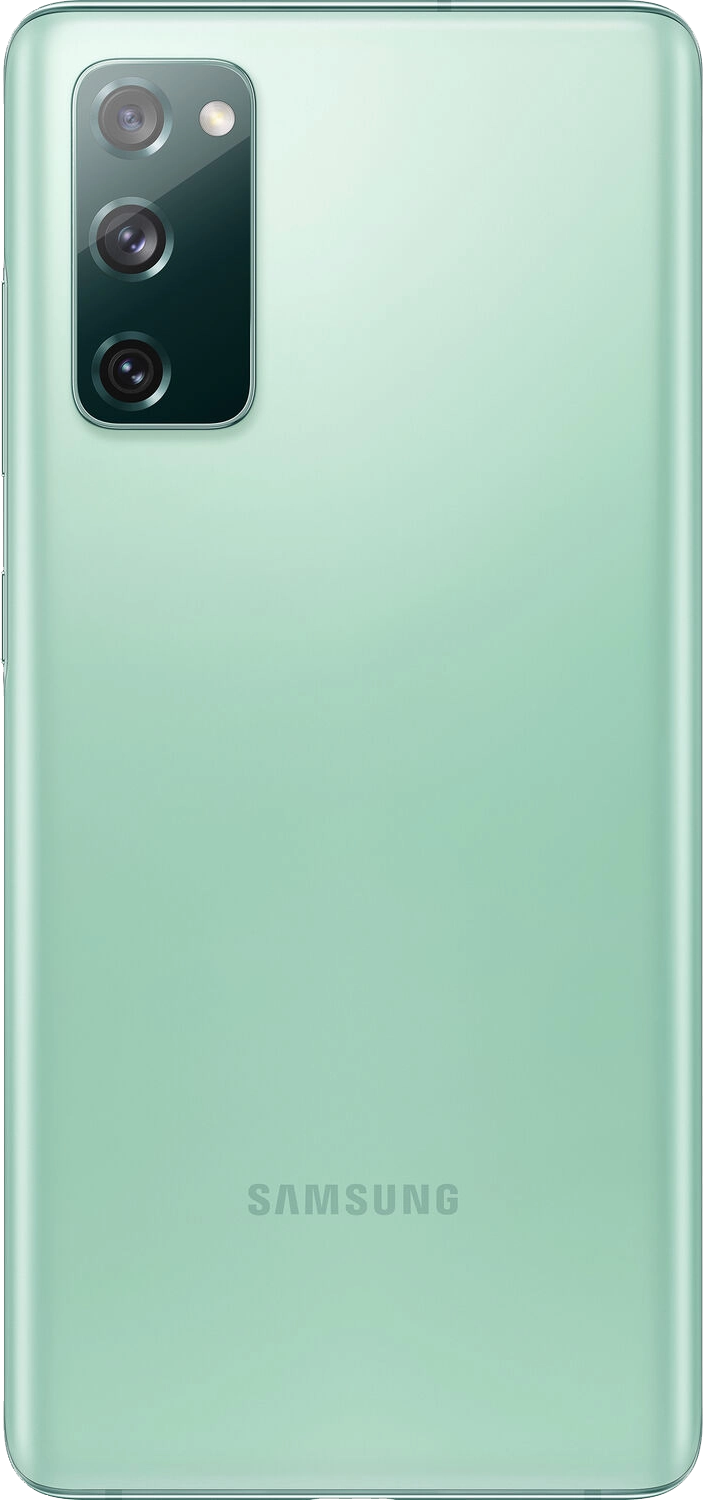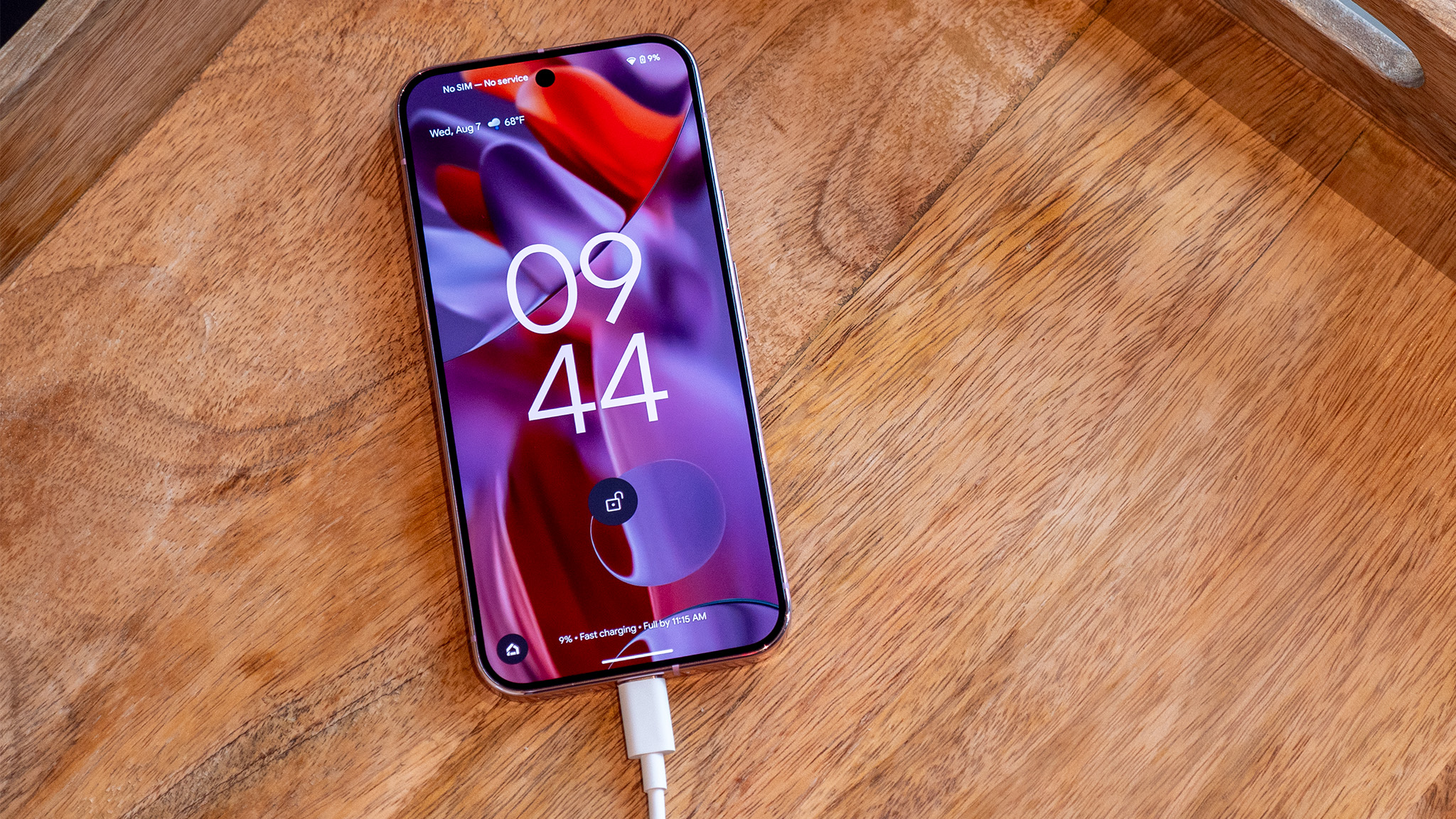Why Samsung is right to release the Galaxy S21 six weeks early
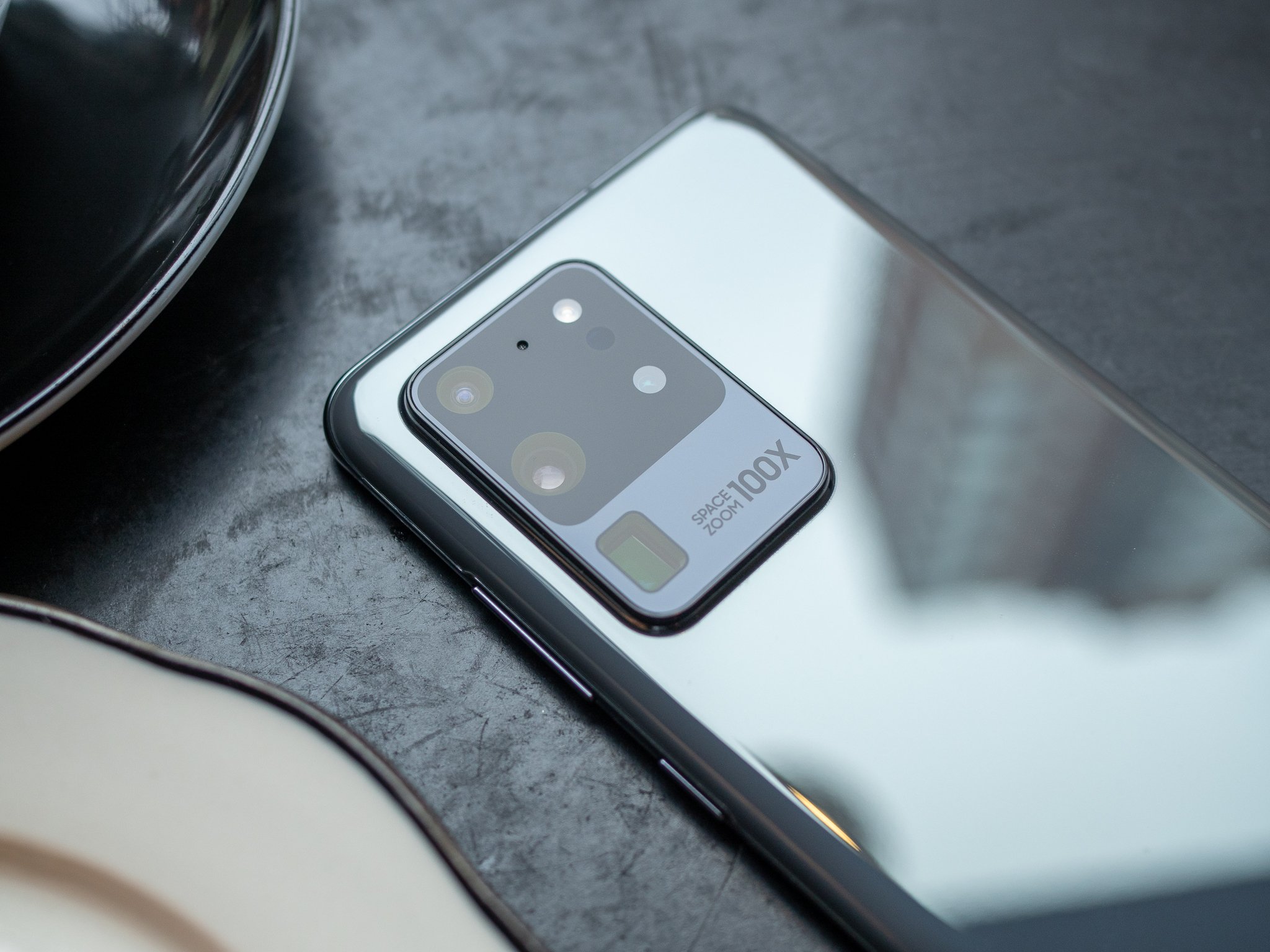
The ink is barely dry on the iPhone 12 announcement, and the Pixel 5 isn't even available in North America yet, but we're already hearing rumblings of the next Samsung Galaxy S21 lineup coming sooner in the new year than ever before.
Samsung has had an interesting year; it announced and released the triple-play Galaxy S20 lineup right as the pandemic hit — it was the last in-person launch event I attended — and though the reception was overwhelmingly positive, the sales numbers have been anything but. With the cheapest Galaxy S20 launching for $1,000 and the colossal S20 Ultra demanding an equally gargantuan $1,400, the phones' prices were out of step with a buying public that was more interested in hoarding toilet paper than amortizing a new pocket computer.
But it soldiered on, filling its lineup with a bevy of similar-looking smartphones that ranged in price from $100 all the way to $2,000. If you want a Samsung phone, the company will meet you where your budget is.
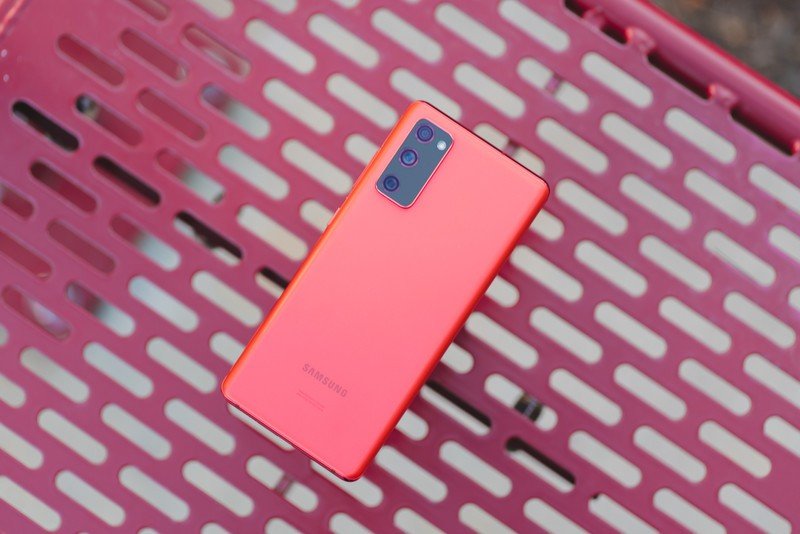
Perhaps the most curious announcement came just a few weeks ago, when Samsung held a virtual event for a $700 phone that, to some, forgave the pricing foibles from earlier in the year, and to others represented a self-cannibalizing shift in strategy that served to confuse more than salve demand for its flagships. The Galaxy S20 FE is one of the best Android phones of the year, largely because it preserves what makes the S20 lineup so good while reducing cost to a palatable number.
But the S20 FE will also likely have the dubious legacy of being the last phone Samsung releases before it unveils the next round of Galaxy S flagships, currently dubbed the S21 (or Galaxy S30, depending on which leaker you speak to). We've now seen renders of the S21 and S21 Ultra, and both appear to be iterative updates to this year's phones.
The S21 has a flat display and the S21 Ultra a huge honking camera bump, and the main visual update over the S20 appears to be a camera module that wraps around the bezel. Whether there's additional function to this form remains to be seen.
We're hearing the Galaxy S21 series is going to be a pretty minor update over the S20, but lower prices and an earlier release date may be exactly what the market wants.
Perhaps the most interesting aspect of these most recent Galaxy S21 leaks isn't the phones themselves, but the purported release date: mid-January 2021, a full six weeks before Samsung usually unveils its Galaxy S flagships.
Be an expert in 5 minutes
Get the latest news from Android Central, your trusted companion in the world of Android
Now there are many reasons the company would choose to go down this path, but I've been giving it some thought, and here's what I've come up with so far.
While mid-January is usually a product release black hole — after CES, where many products are announced but few are actually released — it's right after the holidays, which makes it a fairly open schedule for any company looking to make a splash in the market. If the announcement comes mid-January for a late-January release, as we've heard it will, it would leave the field wide open for the company to market against a recently-released competitor, and its chief rival, the iPhone 12.
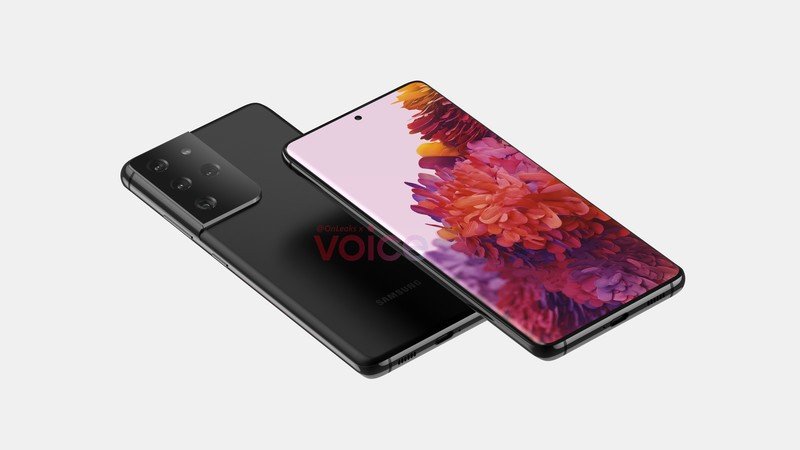
Pushing up the Galaxy S21 to January ensures that the new iPhones don't have that much time to breathe before Samsung swoops in again to steal the proverbial spotlight, and it may (though this is a stretch) cause some people to delay their iPhone 12 purchases if they know a new Galaxy S flagship is looming. More importantly, though, it gives Samsung additional time to cement its lead over the Android competition in an increasingly competitive market.
Part of that lead will inevitably come from the fact that Samsung has, for the past few years, been the first Android manufacturer to ship phones with Qualcomm's best-in-class Snapdragon 800-series platform. The chip designer is expected to unveil the Snapdragon 875 at its virtual two-day tech summit in early December, with production at Samsung (and perhaps TSMC) ramping up shortly afterwards. If Qualcomm can hit yields of its new 5nm chip at volumes Samsung needs for its new flagships, it could give both companies a pretty clear leg-up as they both try to compete with Apple in their separate ways — Samsung on phone sales, and Qualcomm in the Snapdragon 875's comparisons to the new A14 Bionic.
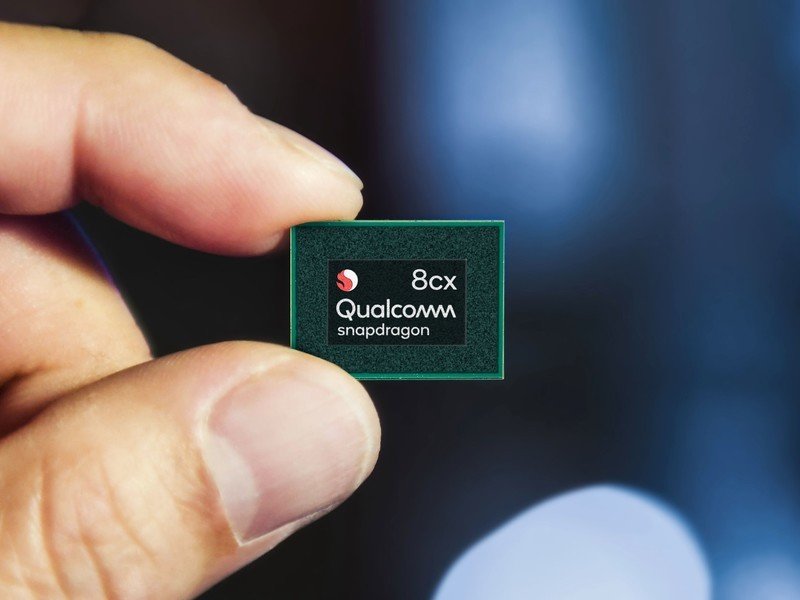
The third and perhaps most important reason for moving the Galaxy S21 series launch up to January is that it gives Samsung's other phone lines space to stand apart throughout the year. While the company used to focus its efforts on two major Unpacked events, one in late February or early March for the Galaxy S and the other in August for the Galaxy Note, its success with the Galaxy Z series of folding phones could necessitate adding a third big product launch to its annual cycle. And given that most of 2021 is expected to continue this year's trend of virtual events, the overhead associated with adding another one is lower than it's ever been.
This may be the first flagship designed entirely for a pandemic audience.
Samsung has not been the only company to grapple with a downturn in the smartphone market, which has impacted people's desire to replace their devices with expensive $1,000+ flagships, and for many, to replace them at all. Launching the Galaxy S21 series at the same price points as it did the S20 would be a bad look for the biggest smartphone maker in the world, so coming into 2021 early with a more cost-sensitive lineup of phones would ensure their success.
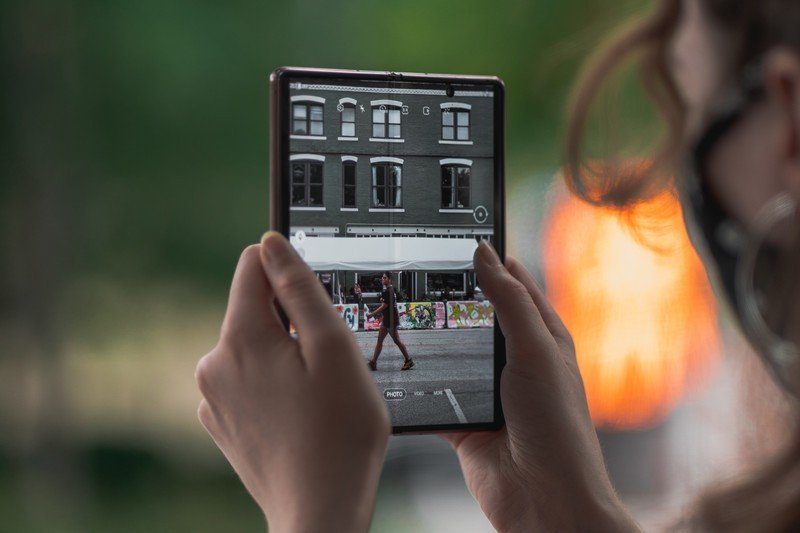
There's no question that the company, like every smartphone maker, has been toiling away trying to figure out how best to adjust to the times we live in. Samsung already did its existing phone owners a big service by promising three years of platform and security updates, and has a phone for every budget.
But its Galaxy S lineup still receives the most attention, and the most scrutiny, from the mainstream public. Launching three phones with plenty of power, new features, and lower prices would be exactly the kind of move one should expect from a company that has been forced, year after year, to solve difficult structural problems in very little time.
Daniel Bader was a former Android Central Editor-in-Chief and Executive Editor for iMore and Windows Central.
